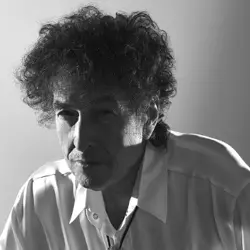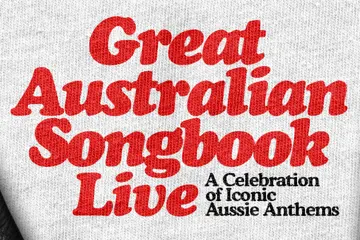 Bob Dylan
Bob DylanIn the wake of his performance at the West Coast Blues n' Roots Festival two years ago, it appeared that the great Dylan's singing voice had reached the tipping point from iconic to caricature. Surely no amount of production gloss could bring up this rusted instrument to a shine?
Well, yes and no. From the opening verse it's clear Dylan is a different beast in the studio: there is concision in his phrasing and colour within his limited range. Yet the ravages of time have emphasised its abrasiveness, so it's just as well Dylan's latter-day music is focused on rigidly traditional songwriting and taut musicianship. And in Tempest, this creative template has produced another potent distillation of pre-rock Americana elevated by literature-rich and grandly thematic poesy.
The album opens in deceptively light fashion with Duquesne Whistle and its rolling ragtime jazz. The album takes a darker turn as Dylan's brilliant backing band churns through finely honed renditions of roadhouse blues (Narrow Way), honky-tonk bar rock (Pay In Blood) and pitch-black folk (Tin Angel). Dylan snarls with phlegmatic scorn at the world's ruling class and robber barons (Early Roman Kings), and barks mournfully for the doomed souls in the sinking Titanic (the 14-minute epic, if meandering, title track) before closing with a touching ode to John Lennon (Roll On John). Tempest heralds a heady culmination of Dylan's later work and brings focus to both his greatness and his faults. For those who worship at the altar of Bob, this release is par for the peerless course; for those less fervent followers, there is still much joy to be found here.















